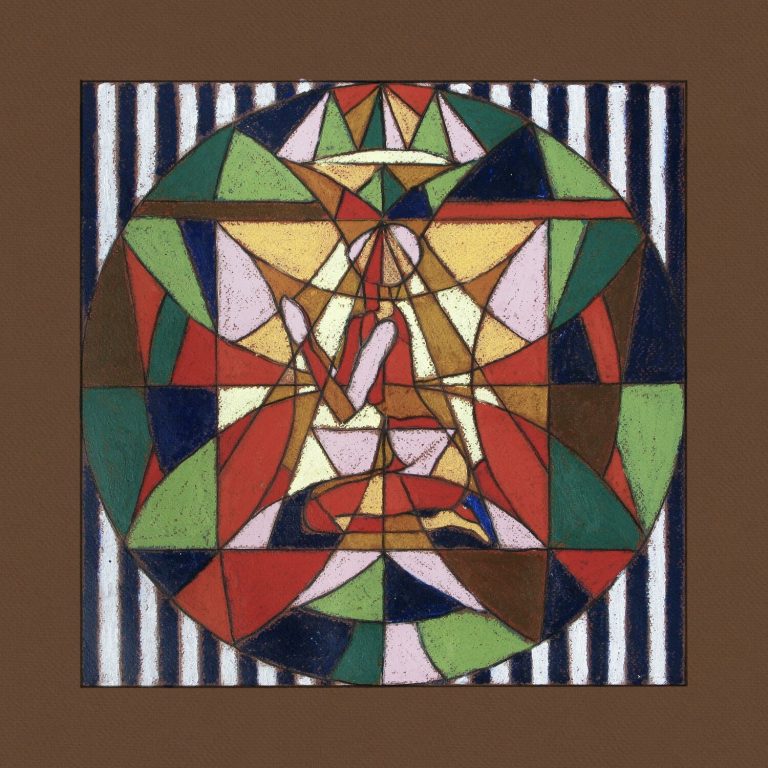Back in 2020 when Laura Marling released her seventh album Song For Our Daughter, it felt like a tonic in a then dour and isolated world. Pushing the release date forward months, it was both a gift to listeners and to a then imaginary child, both a guidebook and a beacon. If it was a warning of dangers on the road ahead, then its follow-up Patterns in Repeat is a quiet reflection and homely document of motherhood. Mostly recorded in Marling’s own basement studio, it’s her softest record to date, punctuated by cosy strings, small choirs, and the occasional coo of her child.
Marling sets the scene from the opening line: “You and your dad are dancing in the kitchen / Life is slowing down but it’s still bitchin’.” It paints a charming domestic scene, a mother soaking up surrounding love, even as she reckons with the reality that time will slip away before she knows it (“Time won’t ever feel the same”). Come the other end of the record she takes a song written by her father 50 years ago and imbues new meaning into it: “But in my heart, where love still beats / I’m always thinking of you,” she reflects wistfully, already convincingly taking up the helm of the aged mother confined to a chair, thinking of how the years disappeared before her eyes.
This slipping of time, this everyday cycle that builds and builds until it’s a long winding chain of memories and experiences is what the album’s heart is. They are the album’s titular patterns in repeat, the soon foreseeable repetitions of self-inflicted haircuts, beguiling trends, and new partners to meet. Song For Our Daughter was the manual she tried to write beforehand, while Patterns in Repeat is more of a lived document, one bred from experience, comfort, and love. Just look at the swaddling “Lullaby” (and its instrumental counterpart a few tracks later), which you can easily picture Marling playing to her child over a crib. Evoking the work Essie Jain made for her Until the Light of Morning album, Marling’s message is a simple one: “You’re safe with me.”
When drama seeps in, domesticity is still at the heart. On “Caroline” an old flame comes into the life of a settled married man, and as exciting as receiving the call initially is (“What a way to change an evening”), the different path taken is what must be kept to (“I’d like you not to call again / I’d like to keep you off my mind”). Conjuring her earlier work, Spanish-tinged “The Shadows” paints a monochromatic scene of sadness as a loved one leaves in the night, while “No One’s Gonna Love You Like I Can” is a sweet and tender piano number where Marling paints a small scene and imagines meeting her daughter in the outside world.
Without drums and with a new co-producer (Dom Monks) by her side, Marling takes away the stakes that prickled her previous albums. The harshest thing here is hearing her reckoning with time elapsing, not being able to hold onto those blissful moments forever. Monks allows the softness to take charge, vocals and strings cushioning Marling’s guitar and piano. On “The Shadows” and “Patterns in Repeat” there are shades of Scott 3 to be found, and on the instrumental “Interlude (Time Passages)” Marling brings in the influence of her work with Mike Lindsay as part of LUMP into the mix. Swirled together gently with everything else here, Patterns in Repeat is another short album that feels like a glimpse into Marling’s household, a slice of her own domesticity to track her first years of motherhood. It’s another gift, for her child and her listeners, but more assuredly for herself.

